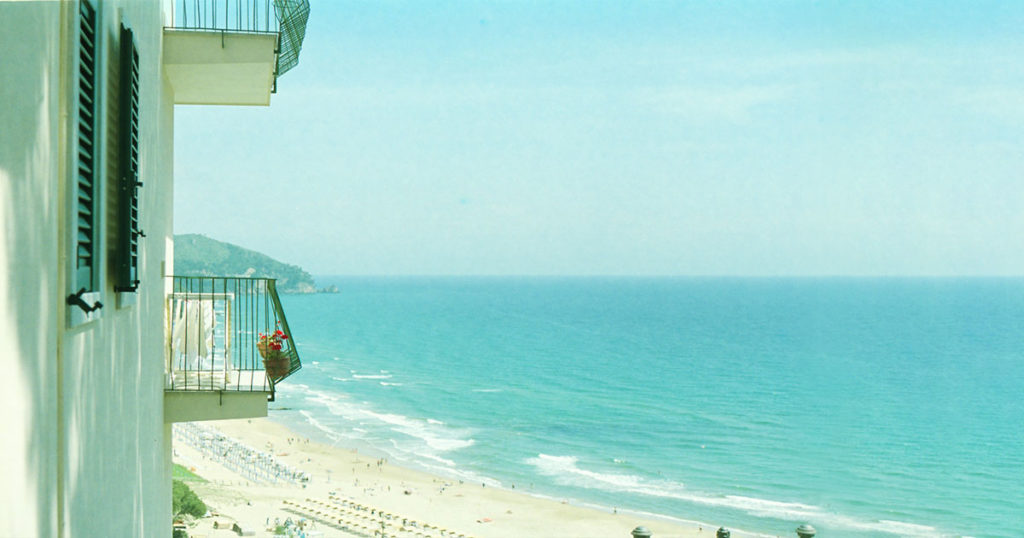
How to phrase my question about loss and recovery, hope and fear? The Covid numbers were finally looking better in Spain. “What activity,” I ventured, “what activity or pursuit that was curtailed during this past pandemic year will you feel most relieved to return to?” I looked around the classroom. The seven students in the class before Easter were five now, two students having withdrawn to concentrate on the university entrance exams they’d be taking in June. I called on one of the students, and he told me he missed the ease of seeing his friends. He still saw them, he said, but not whenever or wherever he wanted. When they did meet up, it was different now. I nodded. Then he added that what he missed most, however, was seeing his grandparents as often as he used to.
Besides the curfew and the rules limiting how many people could gather in homes, travel restrictions had kept families living in different cities and especially different regions separated during much of the fall and winter. I assumed his grandparents didn’t live in Gijón. I checked.
They did live in Gijón, he answered, but out of caution they kept apart from the rest of the family, and interaction was greatly reduced. “Oh!” I said. Another student said it was the same with her grandparents: they lived close by but didn’t go out more than absolutely necessary and though she’d seen them every week, visits were carefully choreographed. “I haven’t hugged them in more than a year,” she said. “I really miss the contact.”
If you were young and carefree, or young and bored, or young and confused, or young and drug-addled, then you might just have been the sort to fill the hotels at the summer resorts along the Mediterranean coast in the decade before the pandemic and, with a cohort of friends, stay up all night, drinking by the pool. In these spots a curious diversion was born, called balconing. The activity consists of leaping from a hotel balcony into the pool far below, or from balcony to balcony. The name comes from balcón, balcony, plus the –ing of the English suffix. Balconing first became a noted thing around 2010, the year 10 tourists died doing it. The name is reminiscent of another thrill sport, puenting, from puente, bridge, again with the -ing from English, and it’s bungee jumping. In puenting, where you jump with a harness attached to a tested elastic band, the thrill is that it seems as if you could smash into the ground; with balconing, with no cord or line to stop you, and where the only precaution is trying to keep your bleary sight fixed on the pool where you hope to land, five stories down, the thrill is that you might hit the cement poolside instead.
In another kind of extravagant and risky behavior, a group of 10 acquaintances and whatever friends they brought along for the ride convened in Asturias in September 2019, took rooms in a country hotel, and proceeded to tear through the mountains on narrow winding roads in their 10 brightly painted Lamborghinis, each a different color. A smash-up was the end of the joy ride.
During the pandemic what did these people do? Old habits die hard, and it’s likely anyone feeling invincible enough to take a curve at 250 kph or risk their bones against the cement around a pool never gladly sheltered in place or practiced social distancing. Certainly many rumors sprang up about scandalous, law-breaking, fate-tempting parties that outraged the circumspect sensibilities of the rest of the populace. (“What?—do they think their money will save them from getting the virus?” I’ve heard people ask. I can imagine these people, in answer, laughing. “Not from getting it, but from dying from it!”)
But for responsible young people such as my students, how long before they feel carefree again? How long before they itch for a thrill? After more than a year of caution, is it possible that they may find just leaning on the polished surface—but how recently polished?—of a local bar is chancy enough? As for the grandparents, opening their arms to their teenage grandkids is still a risk. As the danger recedes, though, one hopes the thrill of contact will not. I asked my two students if their grandparents had been vaccinated. Oh yes, was the answer in both cases. Well, are they more relaxed now? No, was the answer, again the same from both. It seems new habits die hard too.

